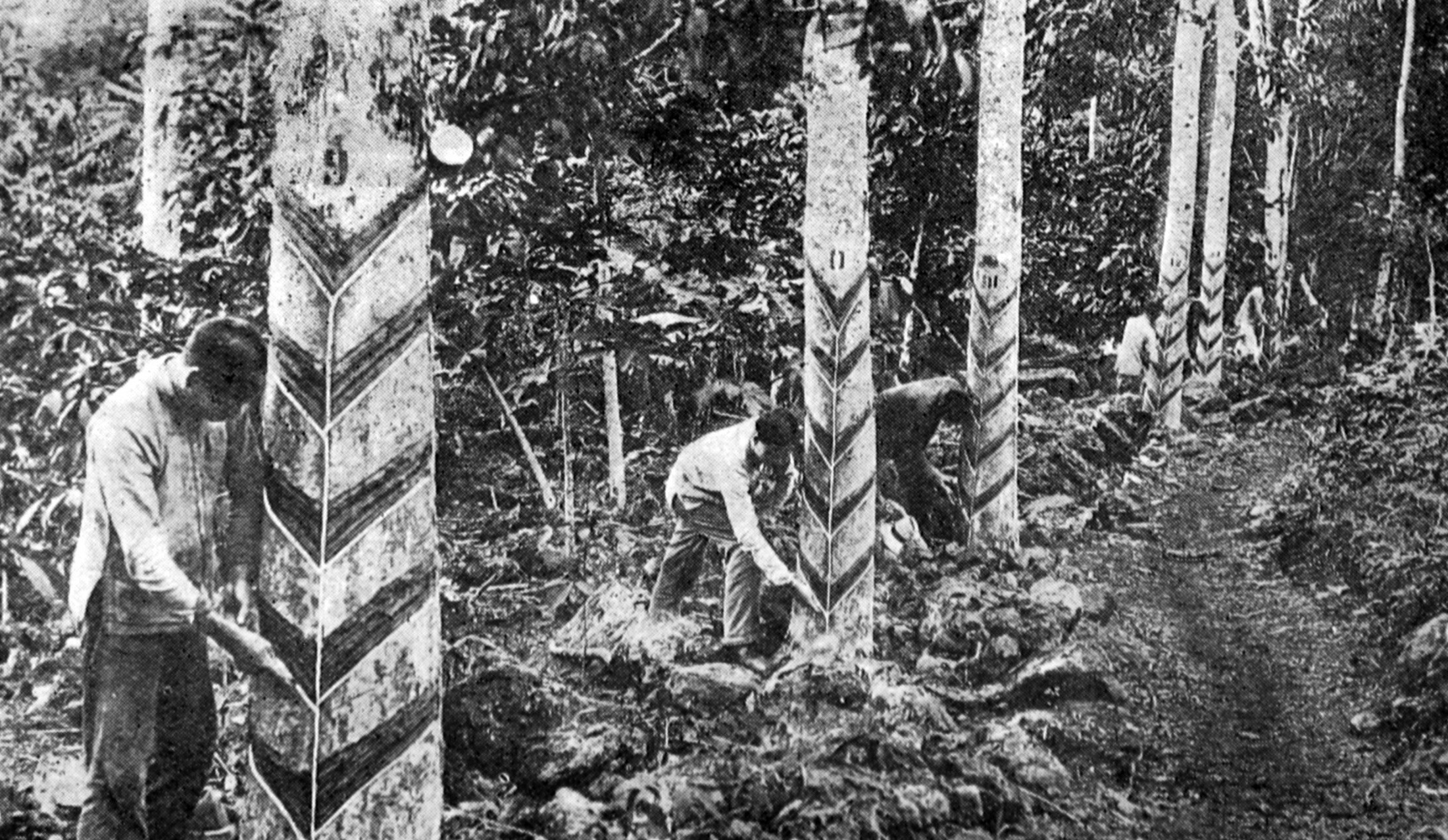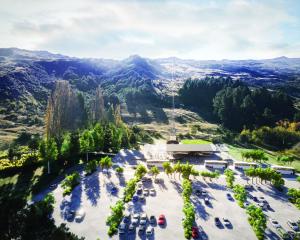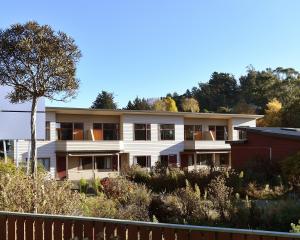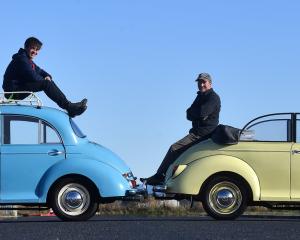
But with reduced crop the cost of production has correspondingly increased. The margin on this occasion shows a surplus of slightly over 2 pence per pound — a great improvement on the year 1921-22, when it was one-fiftieth part of a penny. But shareholders of the Dominion Rubber Company can scarcely expect to receive much in the shape of dividends unless the selling price of rubber rises to a level considerably above that of the year, lately closed, artificially assisted as it has been. But the future of rubber meanwhile gives few indications of bettering, and whether or not the possibility of a synthetic substitute has a prejudicial effect upon the market, the price of the plantation article at the present time is quoted as lower than the average figure for the year mentioned above.

Cannabis enjoyed in moderation
"Kief", a preparation of the Indian hemp plant, and smoked in a pipe, is very popular among the Moroccan natives of Rabat. Smoked in moderation, kief has no marked ill-effects, but those who smoke it all day ultimately go mad.
Otago Community Trust origin
Savings Bank records are always of interest as an index to the measure of the prosperity of the times and of the practice of the ancient virtue of thrift among the people. The growth of such an institution as the Dunedin Savings Bank is necessarily dependent upon more factors than one, but largely, of course, upon its relations with depositors. The steady increase in the business of the Bank marks it out as a institution which is widely appreciated as a public utility and which enjoys public confidence.
The usefulness of the Dunedin Savings Bank to the community is not limited, be it added, to the provision of a repository for the savings of its patrons. The application of its surplus profits to the community has been of great assistance to deserving institutions and causes.
— editorial
A big turnip in the country
The Mount Cargill district is not one that is generally associated in the public mind with prolific yields of root crops, but Mr Souquet, who is the owner of a farm opposite the Upper Junction School, makes the claim that he has grown the largest turnips that have been produced in Otago this season. A paddock of about three acres, sown with Romney Marsh, Aberdeen and Swede turnips, has furnished a luxuriant crop, including turnips of 24 to 25 pounds in weight, while the largest Swedes which Mr Souquet has secured run up as high as 26lb. The production of turnips of such a size that three of them are as many as a man can carry in his arms suggests that the soil of Mount Cargill is not inferior for the growth of root crops to that of many more highly esteemed districts.
Harbour mud fills Logan Park
During the month of March the dredge Vulcan pumped into the Lake Logan reclamation area 33,320 cubic yards of material received from dredge ‘222’. During the time that the Vulcan was closed down (April 4 to April 14), consequent on shortage of power, the 300 horsepower motor was overhauled, and judging from the running on the 14th, 15th and 16th of this month considerable improvement has been effected.
— ODT, 30.4.1924 (Compiled by Peter Dowden)












